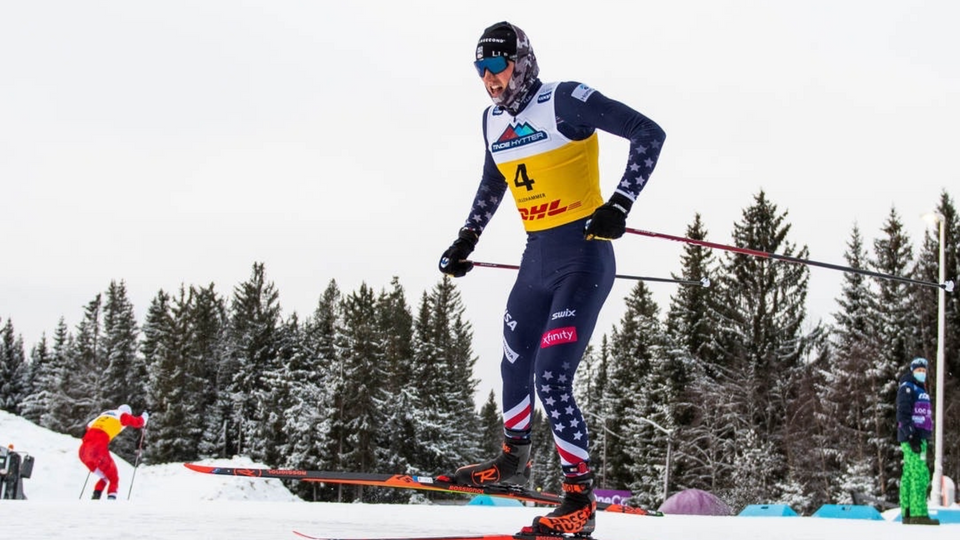Posted by Gus Schumacher on Jan 2nd 2022
My Training Mistake: Not Enough Recovery
One of the biggest mistakes I consistently make in training is underestimating how long it takes my body to recover from a heavy load. In the summer, it’s easy to get almost addicted to being tired, because that’s when it feels like we’re getting better. However (as Jason Cork’s arm tattoo points out), improvements come in the recovery phase after hard efforts.
This phenomenon was most evident to me in the early winter of last year, when I started on the World Cup in late November. This was roughly a month earlier than I had started serious racing in previous years. I trained consistently through October, and expected a couple easier weeks and time trials to get me into racing shape, but I hit the first races and still felt tired from training. I had been going “easy” for almost a month, but didn’t feel like I was fully ready for racing. This example was one of the first times where I really felt the true length of full recovery.
I have since tried to apply that knowledge to all of my training, as that fall taught me how little it makes sense to train until it takes months to really absorb it. Last summer I tried my best to train by these ideals, but it’s a hard habit to change! My flow in the summer is usually 3 “on” weeks followed by one easier week, and I wanted to make sure I was totally ready to go again at the end of each recovery week. Even if I feel like I’m ready for each new training cycle, they still add up, so I now make sure toget a full recovery at the end of summer and the end of fall.
This feels like it has made a difference in my all-season form, meaning I can perform better in intervals and time trials during training, which is a good thing! I hope all athletes can benefit from this information. I’m sure a lot of people already know this, but hearing it again can be helpful. I knew about the idea of supercompensation before, but wasn’t very good about actually applying it. Knowing is one thing, doing is another!

